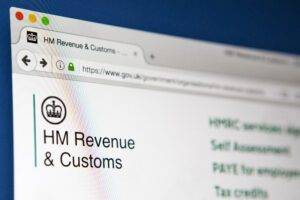Between 2018 and 2022, 420,000 late-filing penalties issued by the tax authority were to people who earned less than the personal tax allowance and therefore owed no tax.
The research found that although the highest earners in the self-assessment regime were slightly more likely than average to incur a late filing penalty, by far the most common recipients of fines were some of the lowest paid people in Britain. Many of those hit with penalties were paid less than the personal allowance, £12,570, meaning that they owed no tax at all.
“Astonishingly, 40 per cent of all late-filing penalties charged by HMRC over these four years fall into this category,” said Dan Neidle, a former Clifford Chance tax partner, who has begun a crusade to expose fraud, improve understanding of tax and correct injustice through his think tank Tax Policy Associates. Neidle was behind the questions raised about the tax affairs of the former Tory chairman Nadhim Zahawi, who paid a settlement to HMRC.
The poorest tenth of people in the self-assessment regime — those paid less than £6,000 a year — were the most common target for fines, receiving 92,000 penalties in respect of 2020-21, but this fell to 60,000 on appeal.
The findings, extracted from HMRC using freedom of information requests, contradict any notion that it is mostly the better-off who receive late payment penalties, which start at £100.
Neidle said the circumstances of those fined were not clear but they were likely to have irregular incomes or were self-employed and had previously got into dispute with HMRC.
He called for a change in the law and in HMRC’s processes: “Nobody filing late should be required to pay a penalty that exceeds the tax they owe.”
Of 32 million UK income taxpayers, about 11 million are required to submit a tax return, which must be filed by January 31 for the previous tax year ending April 5. Being late by a day incurs a £100 fine. After three months the fine can be raised by £10 a day for a maximum of 90 days, or £900. After six months an additional £300 penalty can be applied, followed by another £300 after 12 months. Total fines can therefore be £1,600.
The government plans to change the rules from April 2025 with no penalty for a first offence but £200 fines for the second. HMRC said: “The government has recognised that taxpayers who occasionally miss the filing deadline should not face financial penalties and has already announced reform of the system.”























